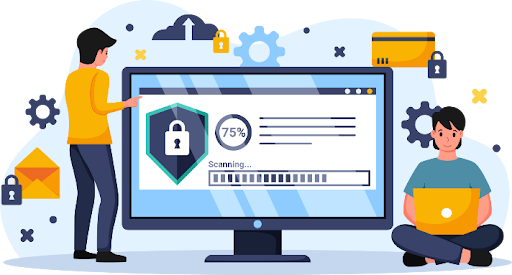Navigating the Digital Wave
- Apoorva Upadhyay .

- Aug 13, 2024
- 2 min read

Asmita Sharma
Team TeacherTribe
It's the 2020s and we’re neck-deep in an all-encompassing realm of the internet. Here, information flows freely and we engage with the content each day. Most of us access the online world for some of our most mundane tasks. Buying groceries, booking a mode of transport, or just scrolling through the many ‘for you’ short-form pieces of content.
However, are we attuned to surfing the digital wave safely? Can students be equipped for the same?
‘Digital citizenship’ is a term coined to refer to the skills and attitude an individual possesses to navigate digital spaces responsibly. With students spending a significant amount of time online, digital citizenship has become all the more vital. It has increasingly become a fundamental skill as students learn to map their way across the digital sphere and critically engage with the internet. This can help the student to gain the most out of their experience with the online world.
To Post or Not to Post

The anonymity of the internet emboldens many people to say things they may not want to do in real life. Often, students share comments online that they may not be comfortable saying otherwise. The behaviour can create negative adverse effects on people and lead to cyberbullying. Hence students must learn to engage in civil behaviour on digital platforms. Students need to learn the dangers and consequences of their actions on people and the importance of empathetic behaviour online.
The presence of social media platforms has made it incredibly easy to share moments from our lives. It has also made it very easy to tread the line into oversharing. There may be many things one might want to share but exercising caution regarding personal details while posting online is important. This may include one’s location, financial information or any other major particulars. Students should also routinely check the privacy settings on their accounts to safeguard their online presence. Updating passwords regularly can also keep one safe online.
Check your sources
To become informed citizens of the internet verse, students should learn how to discern their information and fact check. Referring to varying sources and engaging in discussions can help them comprehend and critically engage with the internet. Digital literacy can enable students to become informed citizens of the world.
Engaging in activities in the classroom regarding digital presence can help young students understand how to protect themselves and respect others' privacy as well. This can help teach them digital etiquette, and ethics.
How would you discuss the need for digital safety and literacy in the classroom? Write to me at asharma@greycaps.com.

